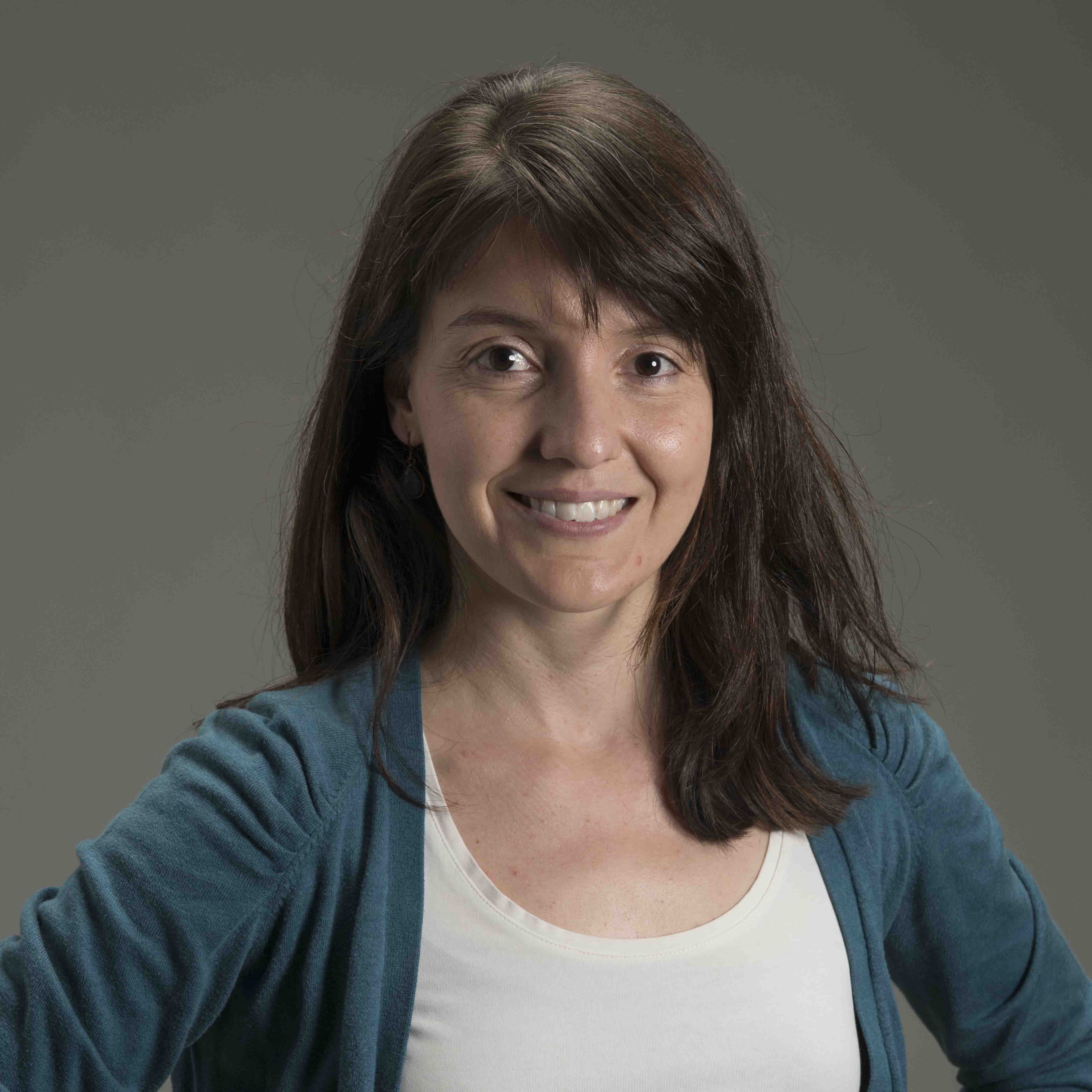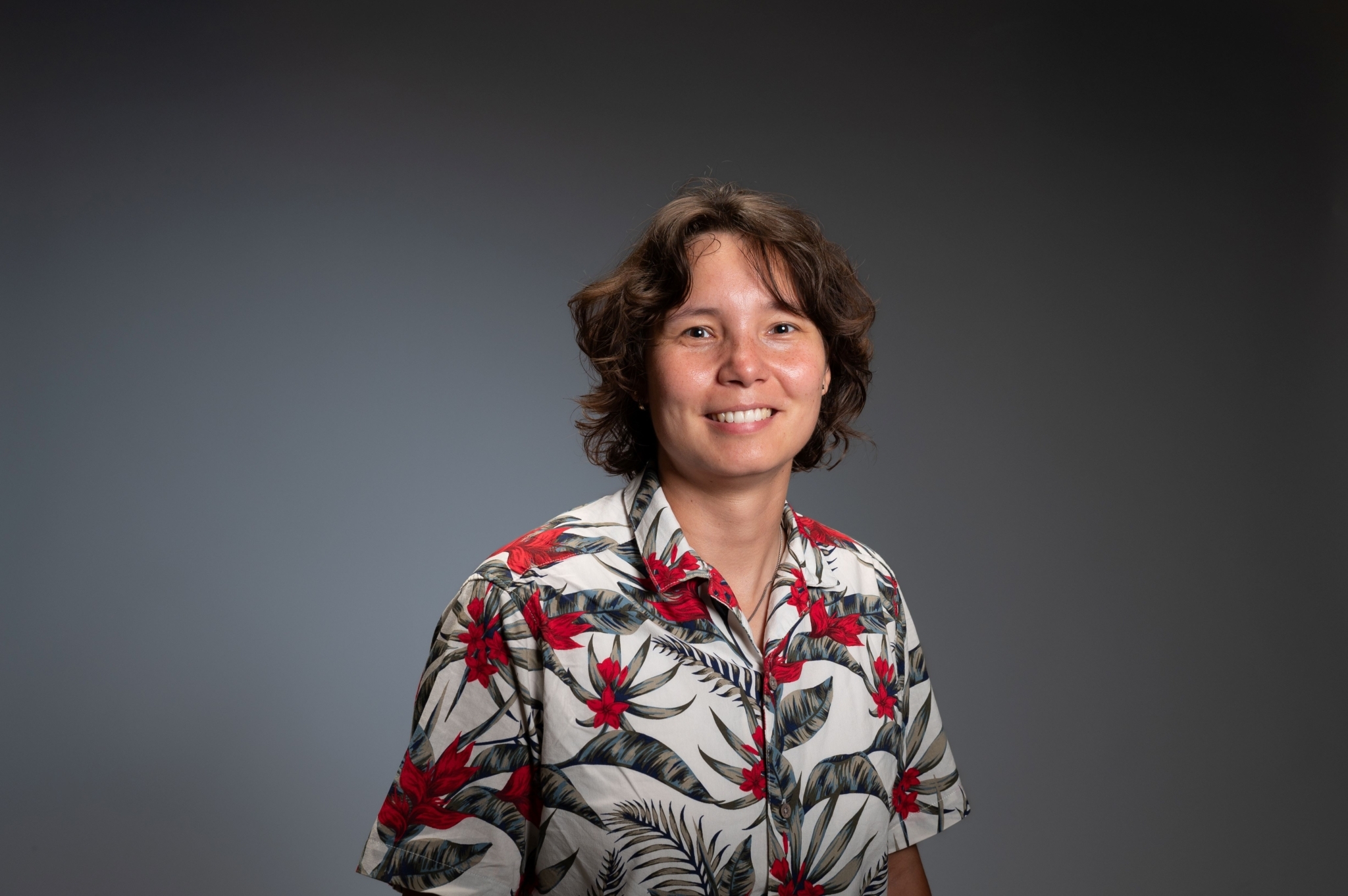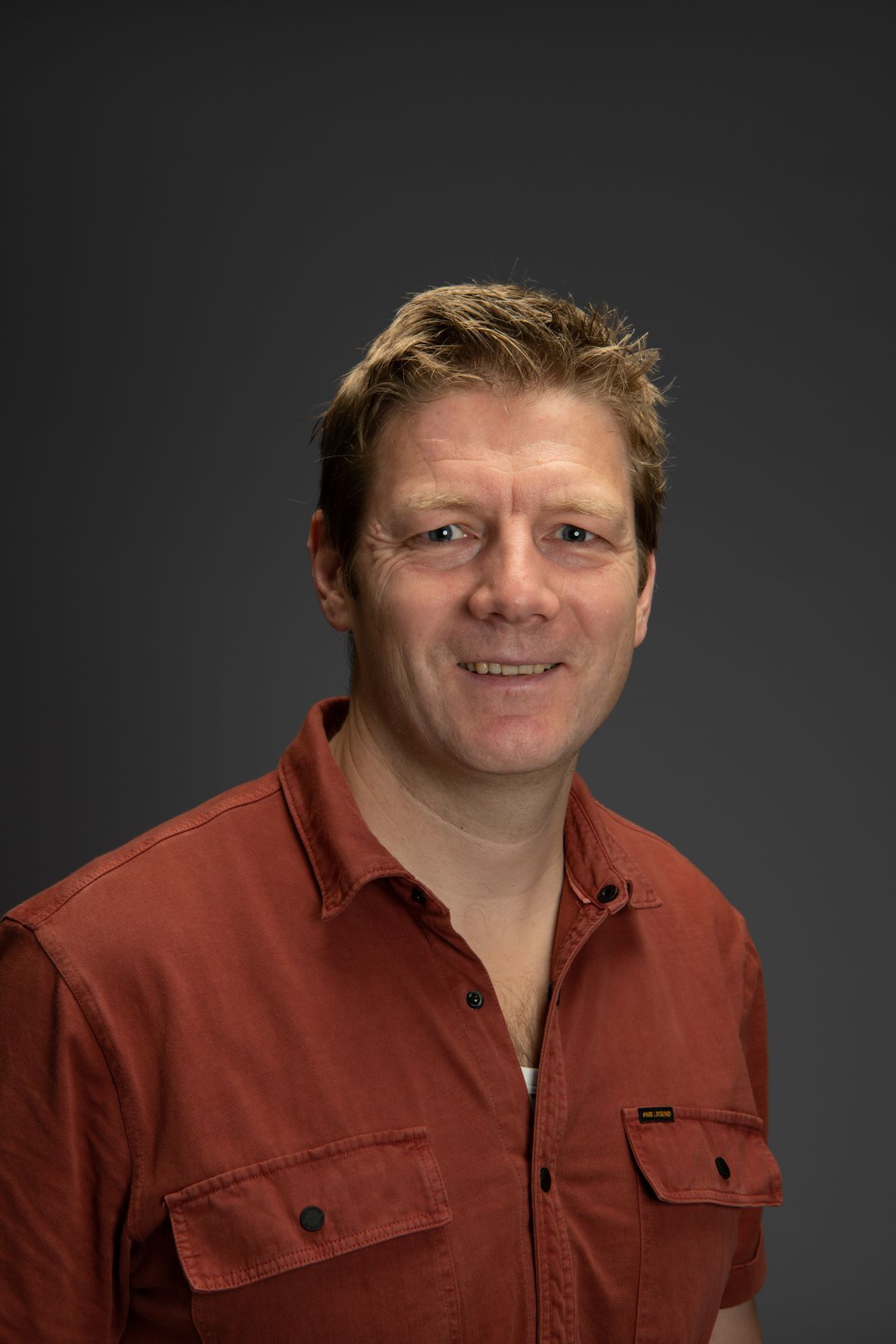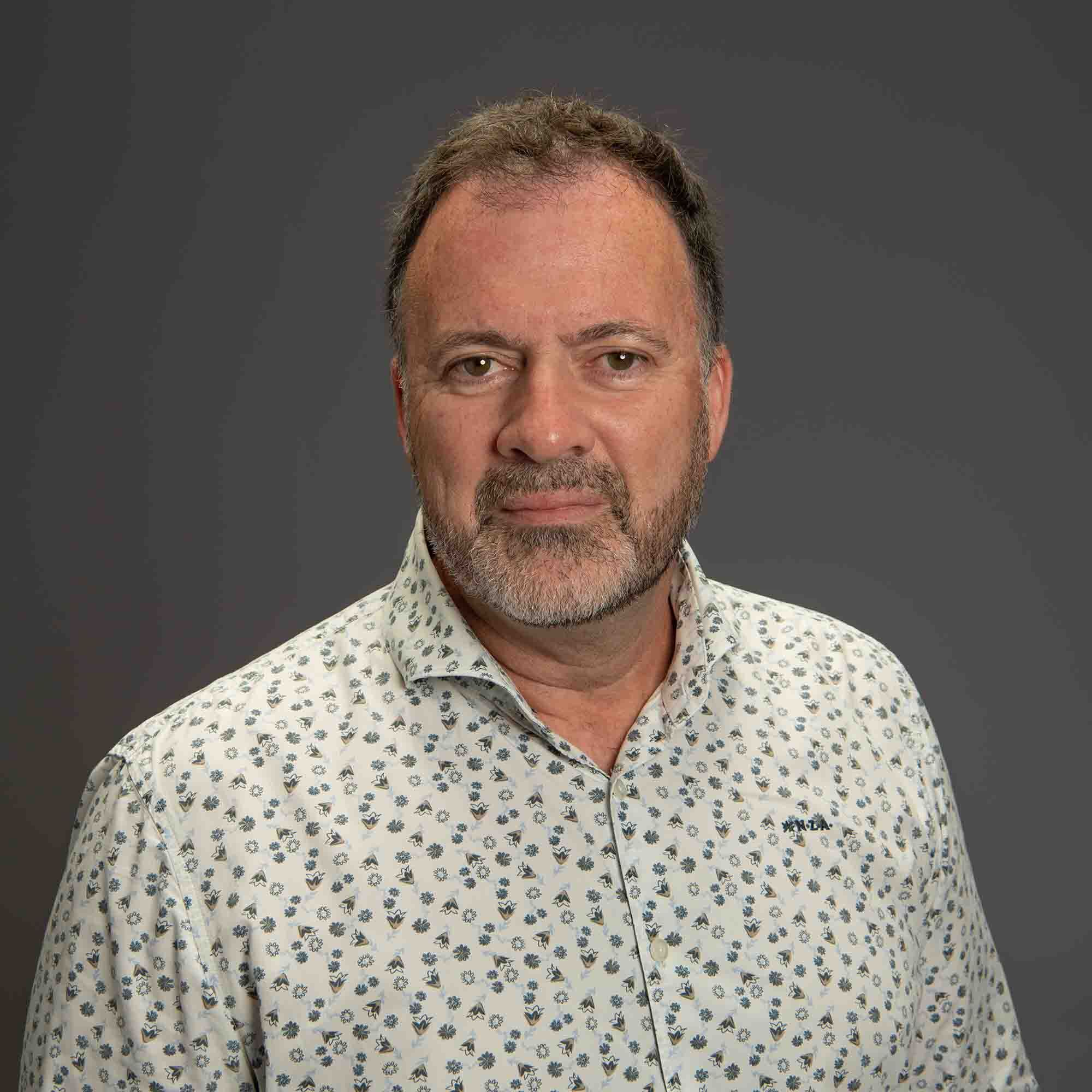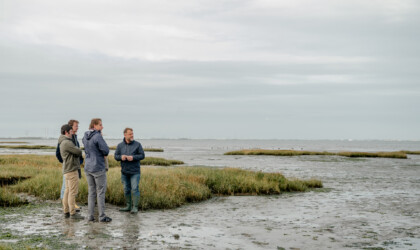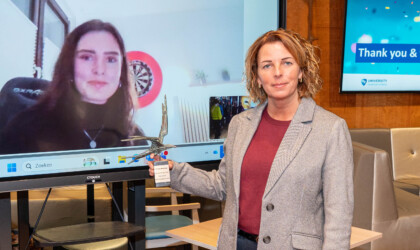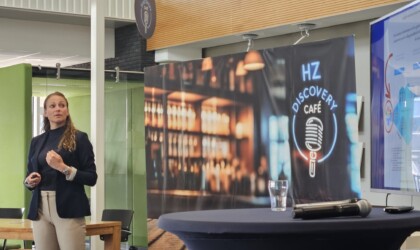The Assetmanagement chair conducts research into effective and efficient long-term management of the assets that determine the liveability and sustainability of the South-western Delta. The group brings together researchers, students, professionals from the field and policy makers.
Asset management is about the management of business assets, usually in public space or as part of the infrastructure. Examples are bridges, roads, locks, traffic control centres, sewers and green spaces.
Strategies
The researchers develop strategies based on performance, costs and risks. With strategic asset management, they focus on the newest markets and technical developments, the management of assets with new techniques and innovative methods and smart and data driven asset management. The latter will become more important in the future. Themes such as circularity, extending the life span and climate adaptation are also becoming increasingly important within the research area.
With their research, the researchers ensure that the region remains safe, sustainable, attractive and accessible. Another important task is to increase knowledge about asset management. The researchers do this both by teaching students and by providing courses and workshops.
Regional partners
The research group works together with partners in the region who manage the assets. These include major players such as Rijkswaterstaat, the province, Waterschap Scheldestromen, North Sea Port, the Zeeland municipalities and KIC/MPI. The chair shares knowledge with these partners so that asset managers in the South-western Delta can continue to develop.
Projects
Zeelandbrug maintenance
The HZ Asset Management and Data Science research groups are collaborating with the province of…
Manabas Coast
In the new project Manabas Coast, a partnership including HZ University of Applied…

